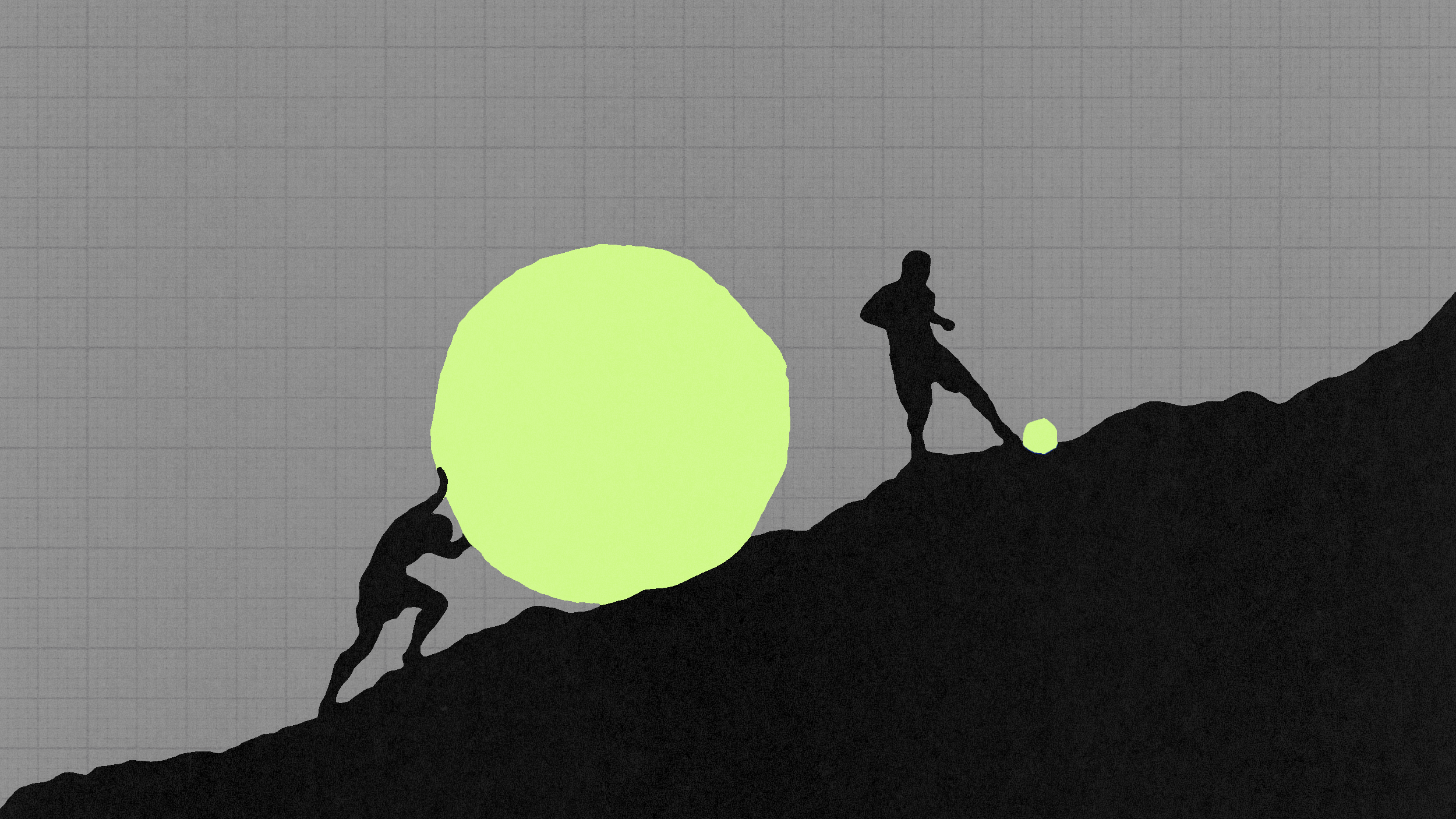Multitasking is considered a valuable if not crucial learned skill. It’s something to boastfully place on a resume for job applications, and one of the main ways teachers and employers encourage their students and staff to complete their work on time.
However, Emma Seppälä, Ph.D (science director of the CCARE at Stanford University, and author of The Happiness Track) believes that multitasking can do more harm than good. Despite multitasking being a staple aspect of life in the United States, Seppälä says it isn’t conductive to actual achievement. People are constantly checking their phones for new emails while in meetings or lectures, or playing Pokémon Go while eating lunch and responding to social media alerts. Our phones are everywhere, and so everywhere we go we are connected to our work, correspondences, news stories, and games.
Research shows that this isn’t leading to a more productive life, but rather to a more stressed life. The constant pinging of phones reminding us of everything we should, could, or would be doing, if it weren’t for something else, only leads to more worry, less attention, and less presence in our immediate environment. Seppälä says that instead of letting all the reminders distract us, we should use singular focus as opposed to multitasking. Getting one thing done at a time gives more mental clarity and produces better results. Working on so many things at once means attention to detail and quality is significantly decreased.
That is where meditation comes in. Meditation can increase attention span and lead to a healthier mind and better output at work. Research has even shown scientists that people who meditate can literally see more than people who don’t, and pick up on things that others don’t notice, as shown in the Attentional Blink Test. The ability to be fully present in someone else’s company is also the key factor in having charisma. The dedicated focus on one thing at a time allows people to get more done, and be more genuine in that task, which is why it’s ultimately better than the hyped-up practice of multitasking.
Emma Seppälä’s book is The Happiness Track.
Emma Seppälä: In order to be successful people often think they have to constantly be achieving constantly going from one thing to the next crossing things off of their to do list. But as a consequence they're not in the present moment. And their productivity would be so much greater if they stayed present, as well as their performance on their tasks. What's more is that their relationships would improve drastically. So what research on charisma shows is that highly charismatic people are people who are able to be so fully present with other people and that's what leads to that incredible connection and that influence that they have.
Research shows that our mine actually wanders about 50 percent of the time and research also shows that when our mind is wandering we are never as happy as when our mind is in the present moment. So if your mind in the future worrying about something that's going to happen or in the past because you're regretting something or angry at somebody, you are more likely to feel more negative emotions. But when you're in the present moment, even if you were doing a task you don't particularly like you'll actually feel happier. But also what we know is that you'll be able to be more productive when you're in that state because you're going to naturally be focused.
One way that you can start to bring your mind back into the present, given its tendency to wander, is through breathing exercises and relaxation exercises. If you relax your body your mind will naturally start to settle down and breathing is a very effective way to do that very quickly. So meditation practices can really help you observe your mind, become aware of its tendencies, for example, its tendency to wander, and help you through that awareness and shift your attention back into the present moment. Meditation is an exercise in which you are engaging fully with the present moment. So it's a fantastic way to train your mind to be more present with what is going on right now.
We currently are in a time and an age were multitasking has just become the norm. We're constantly being pinged by our devices; we're constantly receiving emails and all day long it's as if we were being interrupted by from our stream of thought. What's more is that we interrupt ourselves. So we'll interrupt what we are doing to check our phones, for example. So multitasking, however, is very draining on our system. Our attention is constantly in demand. It's as if you're working on 12 different things at the same time you can't give your all to one of those things. With meditation practices you can really train your mind to be more present and help you to stay on task with what is going on.
Research shows that people who meditate can increase their attention span. In fact, some in some research studies we use a task called The Attentional Blink Task in which you show people a number of different images in very fast sequence and usually we would only pick up every fourth image. We don't actually see the others that's why we call it the attentional blink. Well, research has shown that after meditation retreat people tend to not show that attentional blink or to show it less, which is very interesting. It means that if we calm our mind we're somehow able to pick up things better in our environment, which also makes sense in terms of how divided our mind is with regards to multitasking and so forth. When our mind is very settled then we're able to literally see more things, register more.







